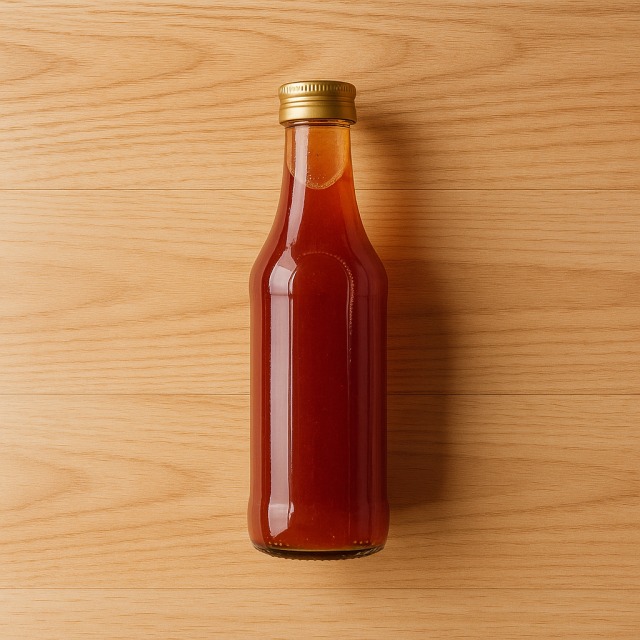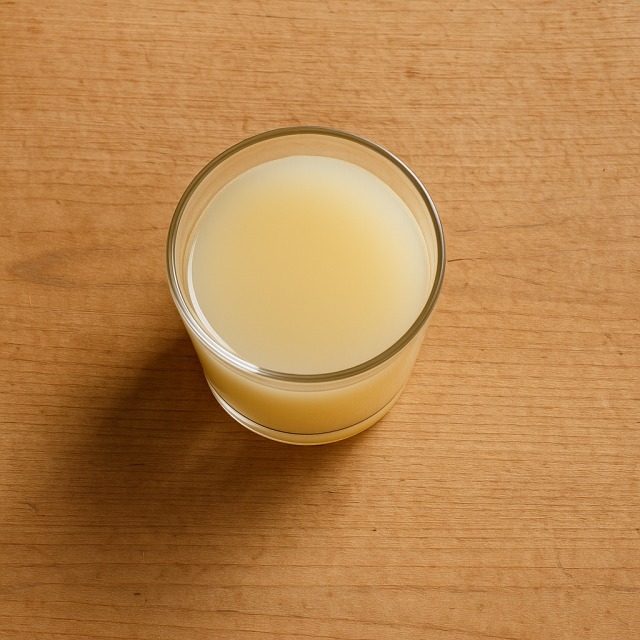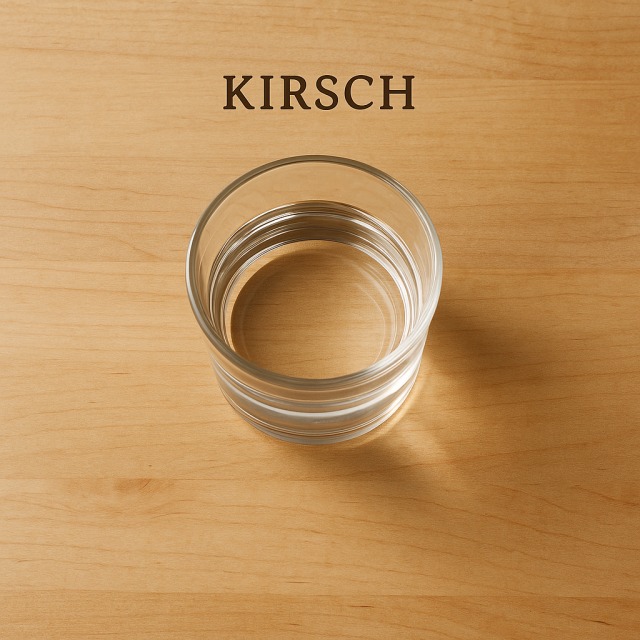Calorie Chart / Beverages / Coca-cola
How Many Calories Are in Coca-Cola?
Calculation of the nutritional value & Recommended Dietary Intake of Coca-Cola
For ml and a calorie requirement of kcal
| Calories 105 kcal | Proteins 0 g | Lipids 0 g | Carbohydrates 26 g |
| 5% | 0% | 0% | 9% |
Health benefits of Coca-Cola

Coca-Cola - 100ml
Calories 42 kcal
Proteins 0 g
Lipids 0 g
Carbohydrates 10.5 g
Coca-Cola is considered a moderate-calorie soft drink, delivering 42 calories per 100 g exclusively from simple sugars (10.5 g of carbohydrates). It contains no proteins or lipids but provides rapid energy that can be useful when blood-glucose levels drop. Its caffeine content (≈ 9 mg/100 g) offers a mild stimulating effect that may increase alertness for a short period.
Unlike naturally nutrient-dense beverages such as orange juice, Coca-Cola supplies virtually no vitamins or minerals; sodium and potassium are present only in trace amounts. From a micronutrient standpoint, therefore, it has a low nutritional density despite its calories.
Invented in 1886 by pharmacist Dr. John S. Pemberton, the drink originally mixed coca-leaf extract and kola-nut caffeine. The modern formula is sugar- and caramel-based, with phosphoric acid adding tang and carbonation giving it its signature effervescence. Because of that acidity, cooks sometimes use it to tenderize meat or to loosen baked-on residues from pans—a practical benefit that goes beyond calories.
Although Coca-Cola is calorie-bearing, its water content (over 89%) contributes to hydration; however, the high sugar concentration means that plain water remains the preferred option for everyday fluid needs.
Tips for incorporating Coca-Cola into a balanced diet
To keep overall calories balanced, enjoy a 150 ml glass of Coca-Cola with a plate of grilled chicken breast, steamed broccoli, and a small serving of brown rice. The fiber and protein help moderate the rapid absorption of the drink's sugars.
Athletes looking for quick post-workout carbohydrates can occasionally pair Coca-Cola with a handful of salted almond kernels: the drink restores glycogen while the nuts add satiety and minerals without excessive additional calories.
In cooking, the soda's caramel flavor sweetens homemade barbecue sauce and makes an effective glaze for a slow-cooked pork roast or a tender braise of rib-eye steak. Simmer the meat with equal parts Coca-Cola and stock, add spices, and reduce to a glossy coating—be mindful of the calories contributed by the sugar.
If you crave bubbles but want to cut calories, alternate sips with sparkling water or switch to unsweetened tea on non-training days. Keeping portions small and associating the drink with balanced meals prevents hidden calories from accumulating.
Frequently Asked Questions
- How many calories are in Coca-Cola?
- There are 42 kcal per 100 g.
- Is Coca-Cola higher in calories than apple juice?
- Yes. Classic apple juice averages 46–48 kcal/100 g, so the two drinks are comparable, but Coca-Cola provides its calories solely from added sugar, whereas fruit juice also supplies vitamins.
- Does Coca-Cola Zero really contain zero calories?
- Coca-Cola Zero Sugar is formulated with high-intensity sweeteners instead of sucrose, so it contributes virtually no calories (≈ 1 kcal/100 g, rounded to 0 kcal on labels).
- Can Coca-Cola be used during endurance sports for quick calories?
- Some runners and cyclists use small quantities in the final stages of events to obtain fast-acting sugar and caffeine; however, the acidity can upset sensitive stomachs, and isotonic drinks or a banana are gentler options.
- What is the best portion size to limit extra calories?
- Nutrition guidelines suggest capping sugary drinks at 150 ml per occasion (≈ 63 calories). Using a measured glass and drinking slowly helps respect that limit.
- Does mixing Coca-Cola with rum increase calories a lot?
- Yes. A 40 ml shot of rum adds about 90 kcal, doubling the drink's calorie load. Opting for a smaller measure or choosing sparkling water with lime will save calories.
Similar foods
Information provided by Calorie Menu may contain inaccuracies or errors. It cannot, under any circumstances, substitute medical advice or medication.










